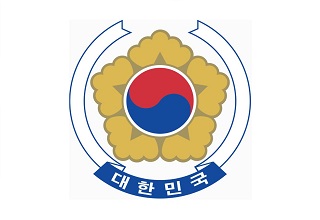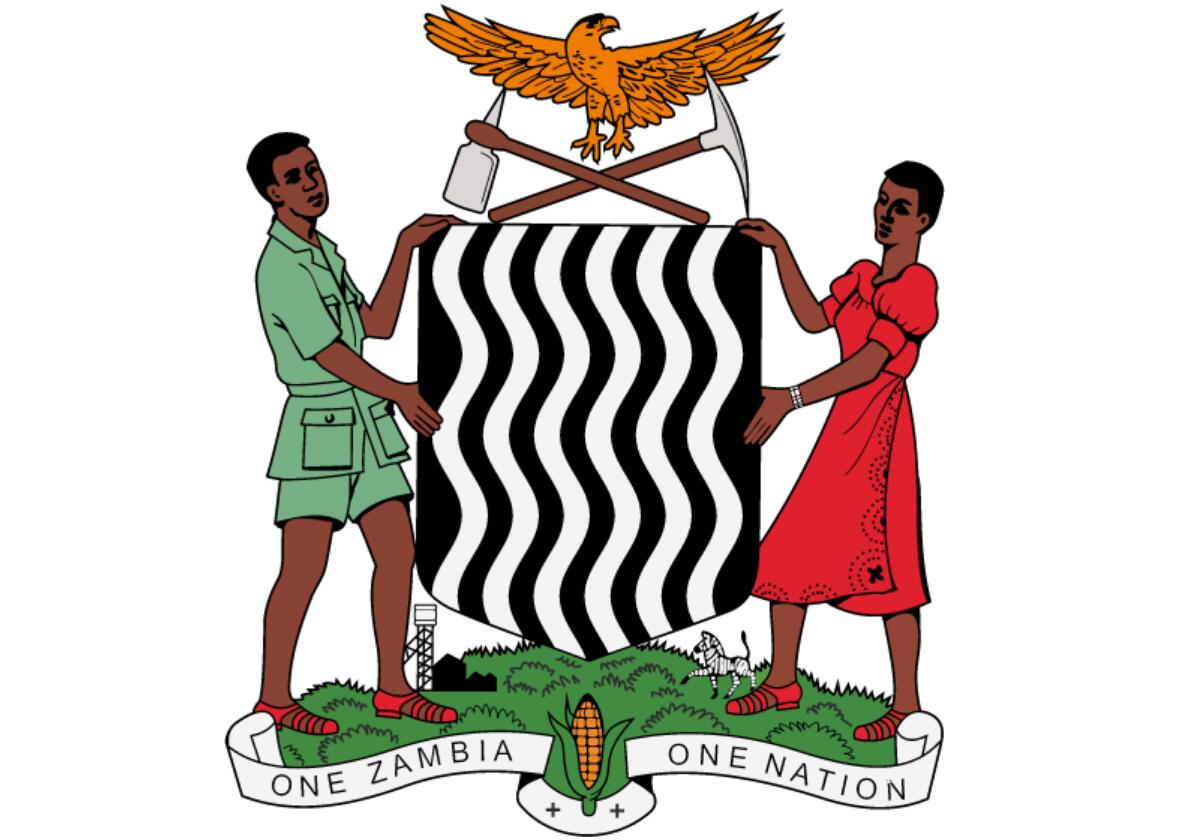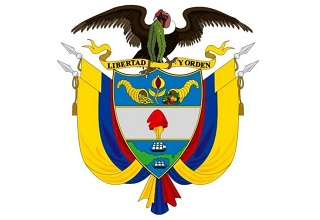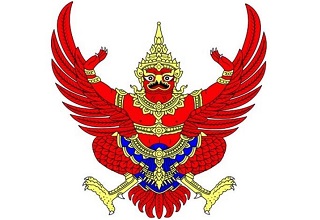Regarding the Inspection and Quarantine Requirements for Cow Bezoar from Argentina to China
According to Chinese laws and regulations and the "Protocol on Quarantine and Sanitary Requirements for the Export of Cow Bezoar from Argentina to China between the General Administration of Customs of the People's Republic of China and the Ministry of Economy of the Argentine Republic", from now on, the import of Argentine Cow Bezoar that meets the following requirements is allowed:
I. Inspection and Quarantine Basis
(1) "Biosafety Law of the People's Republic of China";
(2) "Law of the People's Republic of China on Entry and Exit Animal and Plant Quarantine" and its Implementing Regulations;
(3) "Measures for the Supervision and Administration of Entry and Exit Chinese Medicinal Materials Quarantine";
(4) "Protocol on Quarantine and Sanitary Requirements for the Export of Cow Bezoar from Argentina to China between the General Administration of Customs of the People's Republic of China and the Ministry of Economy of Argentina".
II. Scope of Imported Products
Cow Bezoar in this article refers to dried gallstones from the gallbladder or bile duct of cattle raised in the Argentine Republic.
III. Requirements for Production Enterprises
The slaughterhouse of donor cattle and the production and processing enterprises of Cow Bezoar should meet the following requirements:
(1) Approved by the official competent authorities of Argentina and under the effective supervision of the official competent authorities of Argentina.
(2) Have a complete veterinary health and epidemic prevention system, complete epidemic prevention and disinfection facilities, necessary processing equipment and sewage and waste treatment facilities, standardized production and processing operation procedures and processing technology, and a complete product traceability management system.
(3) Recommended by the Argentine official competent authorities to the Chinese Customs, approved by the Chinese Customs and registered. The registration is valid for 4 years.
IV. Import product requirements
(I) Cow Bezoar source donor cattle requirements.
1. In accordance with the relevant standards of the World Organization for Animal Health (WOAH) "Land Animal Health Code" on bovine spongiform encephalopathy (mad cow disease), Argentina is recognized as a country with negligible risk of bovine spongiform encephalopathy. The Argentine official competent authorities confirm that there is no contagious bovine pleuropneumonia, peste des petits ruminants and rinderpest in the country. The Argentine official competent authorities implement regional management of foot-and-mouth disease and are recognized by WOAH. The laws and regulations of the Argentine official competent authorities clearly prohibit the addition of ruminant-derived protein other than dairy products in cattle feed.
2. The donor cattle were born, raised and slaughtered in farms and slaughterhouses where brucellosis, anthrax, foot-and-mouth disease and tuberculosis have not occurred in the past 12 months.
3. The donor cattle have never used veterinary drugs and feed additives banned by China and Argentina.
4. The donor cattle have a unique identity to ensure that they can be effectively traced back to their birth and breeding farms.
5. Under the monitoring of the Argentine National Residue Monitoring Program, the residues of veterinary drugs, pesticides, heavy metals, pollutants and other undesirable substances do not exceed the limit requirements of China and Argentina.
(II) Production and processing requirements.
1. In accordance with the Argentine veterinary and human health laws and regulations, the donor cattle are inspected before and after slaughter to prove that the donor cattle are healthy, without any clinical symptoms of animal infectious diseases, and without pathological changes in the carcass and organs.
2. When slaughtering the donor cattle, the method of stunning by injecting compressed air or gas into the brain cavity is not used, nor is the spinal cord puncture method used for the donor cattle.
3. Cow Bezoar shall be collected in a safe and hygienic manner, and effective measures shall be taken to prevent the brain, skull, eyes, spinal cord, tonsils and terminal ileum from contaminating Cow Bezoar.
4. Cow Bezoar shall comply with the laws, regulations and standards of China and Argentina.
V. Packaging and labeling requirements
(i) Cow Bezoar shall be packaged with new clean, hygienic and breathable materials that meet the requirements;
(ii) The product name, quantity, weight, batch number, storage conditions, production date, officially registered slaughterhouse and production enterprise name, address, registration number, etc. shall be marked on the outside of the package.
VI. Storage and transportation requirements
The entire process of export of Cow Bezoar from storage to transportation shall comply with veterinary health conditions to prevent contamination by toxic and harmful substances. It is not allowed to open or replace the packaging during transportation.
VII. Pre-export inspection and certificate requirements
The Argentine official competent authorities are responsible for the inspection and quarantine of Cow Bezoar exported to China, and issue veterinary health certificates to prove that the products meet the requirements of the relevant protocols.
VIII. Entry Inspection and Quarantine Requirements
(I) Certificate Verification.
1. Verify whether it comes from a registered enterprise.
2. Verify whether the Entry Animal and Plant Quarantine Permit has been obtained.
3. Verify whether the veterinary health certificate is authentic and valid.
(II) Cargo Inspection.
In accordance with relevant laws, administrative regulations, rules, etc., and in combination with the requirements of this announcement, China Customs will implement inspection and quarantine on Cow Bezoar exported from the Republic of Argentina to China. If it passes the inspection and quarantine, it will be allowed to enter the country.
(III) Handling of unqualified situations.
If unqualified situations are found during the entry inspection and quarantine, China Customs will deal with them in accordance with relevant laws, administrative regulations, rules, protocols, etc.
GACC
April 22, 2025




